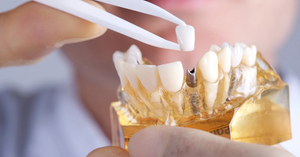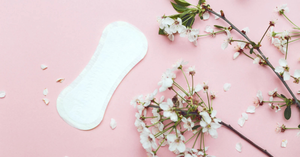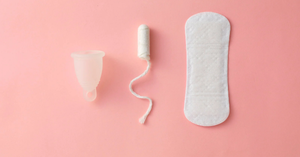The truth is— showering feels like one of those things you probably are an expert at by now. You turn on the water, lather up, rinse, and step out squeaky clean, right?
Well… not quite.
It turns out that your daily rinse-and-repeat routine might be doing more harm than good. From skin issues to weakened immunity, the way you shower does matter.
So, before you hop into your next steamy session, explore this article to find out a few common shower mistakes that could be quietly affecting your health.
Showering Too Often Can Strip Your Skin
If you're someone who showers twice a day (or more), it might be time to rethink that routine. Dermatologists suggest that showering once a day is usually enough, and for some people, even less frequently is okay — especially if you're not sweating heavily.
Over-showering can strip your skin of its natural oils, leading to dryness, itchiness, and even irritation. Your skin needs a little bit of oil to stay balanced and healthy — scrubbing it all away daily could weaken your natural barrier.
If you're not visibly dirty or smelly, a gentle rinse or a sponge bath can do the trick, especially during winter.
Hot Water Might Feel Good — But It’s Not So Good for Your Skin
Who doesn’t love a steaming hot shower after a long day? But here's the thing — while hot showers feel comforting, they can dry out your skin, worsen eczema, and increase inflammation.
Lukewarm water is actually the sweet spot. According to dermatologists, water that’s too hot can damage your skin’s protective layer and even flare up conditions like rosacea.
Keep your shower water warm but not scalding. If your skin turns red in the shower, it’s probably too hot.
Skipping Moisturizer After a Shower Is a Missed Opportunity
Your skin is most receptive to moisture immediately after a shower — when it's still slightly damp. Skipping moisturizer means you lose the chance to lock in hydration.
According to the American Academy of Dermatology, applying a fragrance-free moisturizer within three minutes of stepping out can help retain moisture and prevent dry skin.
Using Harsh Soaps Can Disrupt Your Skin’s pH
Many bar soaps and body washes are alkaline-based, which means they can disrupt the natural, slightly acidic pH of your skin. This may lead to dryness, sensitivity, or even breakouts.
Instead, go for gentle, pH-balanced cleansers — especially if you have sensitive skin.
Not Cleaning Your Loofah or Washcloth? That’s a Bacteria Party
Loofahs, sponges, and washcloths may seem like hygiene tools, but they’re often full of bacteria, mold, and yeast — especially if you leave them damp in the shower.
According to a study published in the Journal of Clinical Microbiology, moist environments like loofahs are breeding grounds for harmful bacteria.
Wash your loofah regularly, let it dry completely, and replace it every few weeks. Or better yet, ditch it for a clean, soft washcloth that you change out frequently.
Washing Your Hair Every Day May Not Be Necessary
Unless you have very oily hair or sweat a lot, daily shampooing is often unnecessary. Over-washing can strip your scalp of natural oils, leading to dryness, dandruff, or frizz.
Experts recommend shampooing 2 to 3 times a week for most hair types, unless you have specific scalp conditions.
You can also use dry shampoo between washes if you’re concerned about oil.
Neglecting to Rinse Thoroughly Can Cause Irritation
In a rush? Leaving traces of shampoo, conditioner, or body wash on your skin can lead to clogged pores or irritation — especially on the back and shoulders.
Make sure to rinse well — especially under your arms, between your toes, and behind your ears.
Taking Long Showers Isn’t Always Healthier
You might think that longer = cleaner, but staying in the shower too long can dehydrate your skin and waste water. Dermatologists suggest keeping your showers around 5 to 10 minutes max.
After all, shorter showers are better for the environment too — a win-win.
Conclusion
Showering should be refreshing and relaxing — but also supportive of your skin’s health. Making a few small changes, like adjusting your water temperature, moisturizing properly, and being mindful of your products, can help you avoid irritation and even chronic skin issues down the road.








Be the first one to comment on this story.